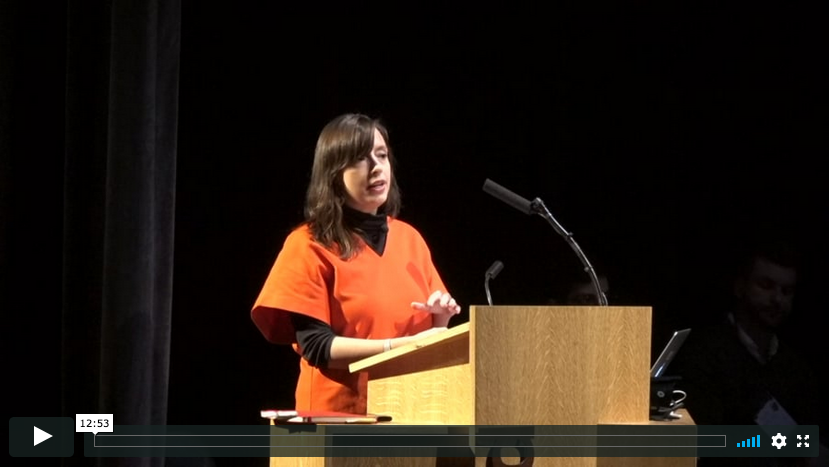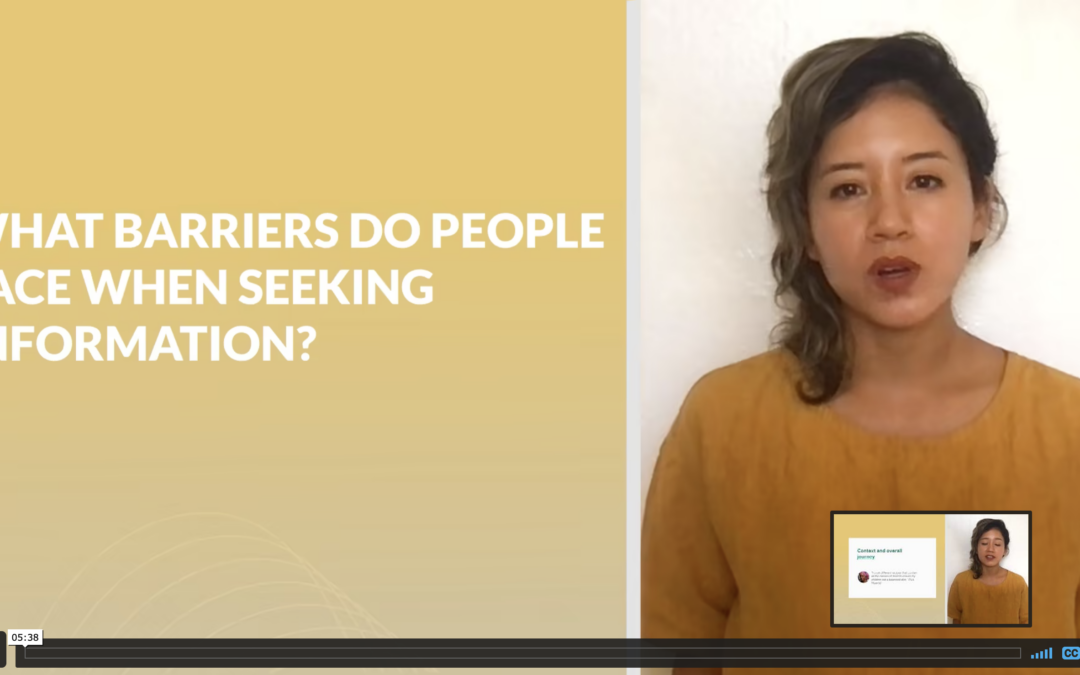Three service design projects, in hospitality, finance, and health care, highlight how to design for agency in the workplace, including the implementation of automated and data-driven tools. Inspired by Tacchi, Slater, and Hearn's work on ethnographic action research, Amartya Sen's capabilities...


